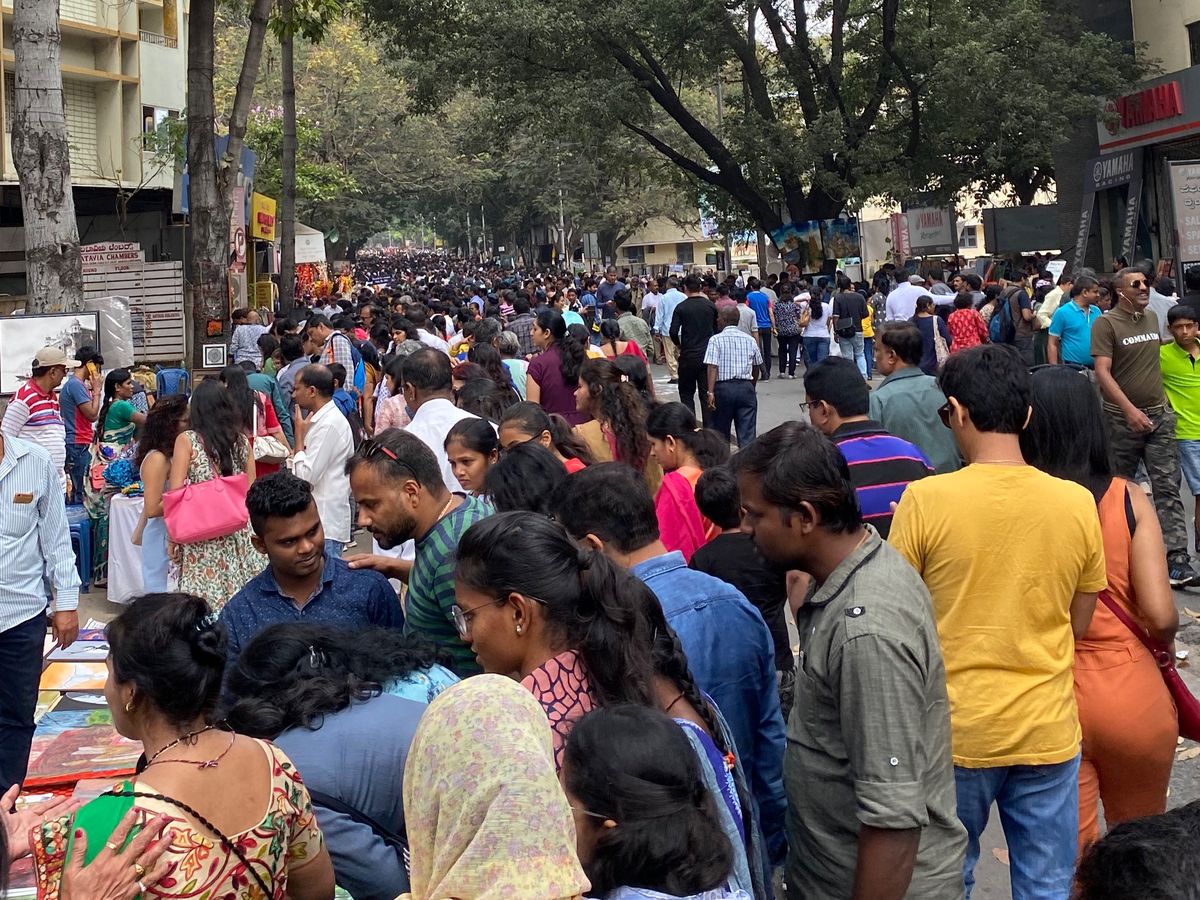- N
- L
- R
Hi friends! Sankalp and Christopher here in Denton, TX, USA!
Two years ago, when we were in Bengaluru, the streets were bustling with people. Kids were going to school and then afterward to swim, dance, or music lessons. Artists were everywhere. The tantalizing whiff of street food floated in the air. The city was alive. Today, Bengaluru is in lockdown, and India is losing more than 4500 people a day (experts say this is an undercount due to limited testing) to COVID-19.
The story is familiar. Like many countries around the world, the death toll is soaring because of an overwhelmed medical system. Each evening news reports from India paint a grim picture. They tell of those who could have survived if they had had access to oxygen.
Rather than sit around wondering, "what can I do?" Sankalp has been on a quest to help from afar. He looked into raising money for charities that could help, but right now, so many charities have their hands tied because of new governmental regulations that went into effect in January with no system to address the legal mandate. As with so many things, we cannot wait for the system when in a crisis. So he switched gears and started trying to procure oxygen concentrators here in the US and send them back home. This also puts the devices in the hands of those who need them—local control—rather than stockpiled in government warehouse, subject to slow distribution.
That has taken weeks because many vendors are sold out and backordered. Other vendors hold onto their equipment with an iron fist—requiring prescriptions or seriously just hanging up on him when he calls and gives his name.
After what I would consider a phone odyssey, he has two Philips Respironics EverFlo 5 liter Concentrators en route. Speaking with others in his new network of Indian activists and friends who are deep in this effort, he knows when they arrive on Friday, he can FedEx them to his family using two-day air for only $250 each.
So by early next week, Sankalp's $2500 investment can be helping keep two neighbors in his part of town alive. Since his brother-in-law is a doctor, he can help ensure the devices are being used safely. Once the first two patients are over the hump, the devices can help two more—and so on. It might seem like a drop in the bucket, but it could be someone's mother, father, brother, or sister whose life is spared because of these devices. For them, this effort is priceless.
Sankalp has finally succeeded after weeks of roadblocks and red tape . Now we're asking for your support. If you threw in $10, $20, or 50 bucks, it would make a world of difference in covering the purchase price of the devices, the cost to ship, and the 12 percent import tax charged by the Indian government. Your contribution will help Sankalp and I cover these costs. Thank you in advance for considering this opportunity to do good, one starfish at a time, as it were.

